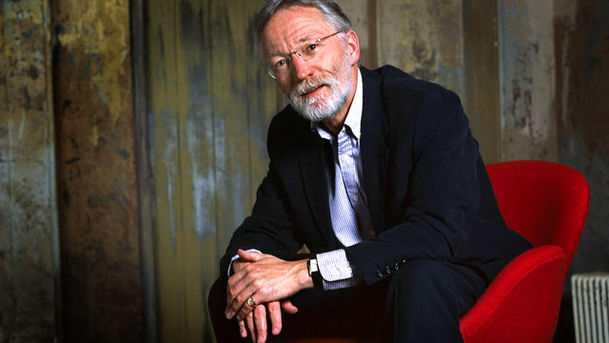Composer of the Week - Reinhold Gliere (1875-1956) - Episode 4

Donald Macleod is joined by Russian music expert Gerard McBurney to explore Gliere's life and work, from his beginnings in Kiev to his later prominent position in Moscow as both composer and teacher. They survey Gliere's developing role within the Soviet regime, including his being sent to the Republic of Azerbaijan to help in the 'Soviet development' of its musical culture. The outcome of this visit was his opera Shakh-Senem, a lavish four-act epic full of Azerbaijani tunes. His compositional interest in orientalism is also heard in Song of the East, Op 28 No 2, for soprano and piano. The programme concludes with part of Gliere's Symphony No 3 (Ilya Muromets) - a mammoth work in an extravagant late-Romantic style, including quadruple woodwind. It was not only hailed by the Soviet state for the preservation of traditional folk music, but championed in the West by the conductor Leopold Stokowski, bringing the composer international status. Song of the East, Op 28 No 2 Elena Prokina (soprano) Semion Skigin (piano) Conifer 75605 513032, Tr 5 Commodo; Leggiero; Con moto; Vivace - Nos 1-4 (10 Duets for two cellos, Op 53) Helena Binney, Sarah Butcher (cellos) Cello Classics CC1004, Trs 15-18 Overture (Shakh-Senem) BBC Philharmonic Vassily Sinaisky (conductor) Chandos CHAN9518, Tr 3 Solemn Overture for the Twentieth Anniversary of the October Revolution, Op 72 (ed. Robert Grechesky) Royal Northern College of Music Wind Orchestra Clark Rundell (conductor) Chandos CHAN10166, Tr 1 Poco meno; Maestoso solenne (Symphony No 3, Op 42 - Ilya Muroments) BBC Philharmonic Edward Downes (conductor) Chandos CHAN9041, Tr 6.